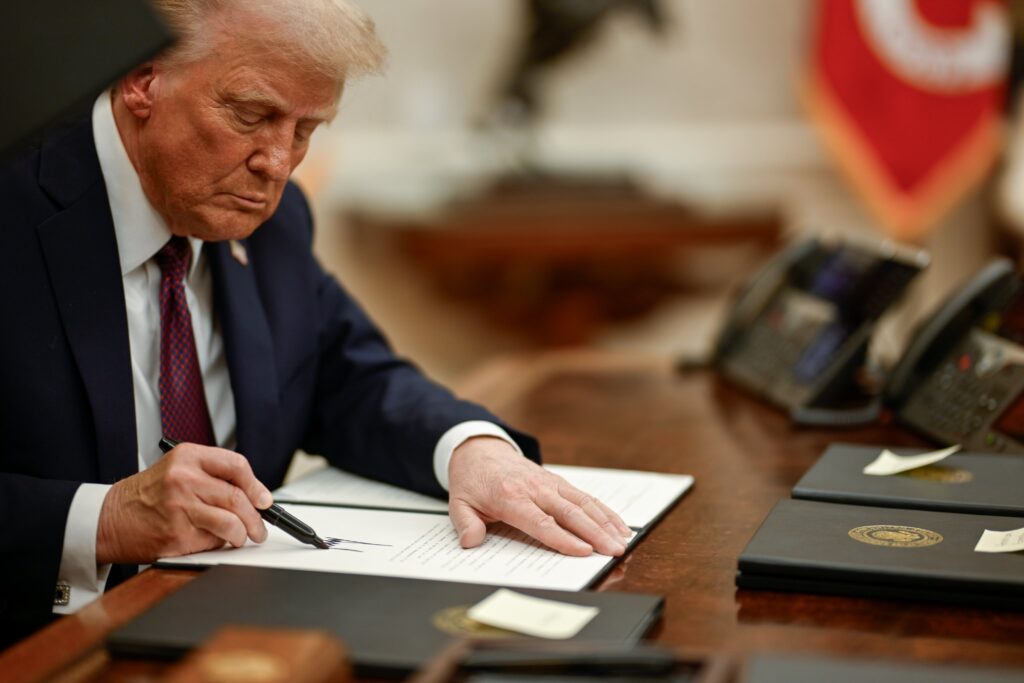Polling data indicates that President Donald Trump's strengths in his second term diverge significantly from his first. Once buoyed by economic confidence, Trump's current approval rating on economic issues hovers around a low 37%. He is now relying more on topics like crime and border security. These issues have re-emerged as central themes for Trump, although even his approval on crime shows signs of vulnerability.
In terms of border security, Trump has gained increased approval compared to his first term, where support was only about 40% in 2019. Presently, a majority of Americans endorse his approach, particularly contrasted with weaker ratings on immigration, which saw approval drop to 43% recently after reaching half in earlier assessments.
Conversely, Trump's handling of the economy has fallen sharply, particularly among independents, where only two in ten express approval. This marks a significant decline from earlier in his administration when economic perceptions were markedly better. The economic downturn linked to the COVID-19 pandemic has greatly impacted his approval ratings, which were once close to 50% before the presidential election of 2020.
Addressing trade and health care shows even greater difficulties for Trump, receiving approval from only about 70% of Republicans and standing at one-third overall. Additionally, about 60% of Americans feel he has overstepped regarding tariffs on other countries. In foreign policy, particularly concerning the Israeli-Palestinian conflict, approval ratings have declined slightly, indicating possible growing dissatisfaction.
The AP-NORC poll, collecting data from over 1,183 adults, emphasizes Trump's need to shift his strategy as he navigates a complex political landscape amid ongoing public concerns about economic stability.
In terms of border security, Trump has gained increased approval compared to his first term, where support was only about 40% in 2019. Presently, a majority of Americans endorse his approach, particularly contrasted with weaker ratings on immigration, which saw approval drop to 43% recently after reaching half in earlier assessments.
Conversely, Trump's handling of the economy has fallen sharply, particularly among independents, where only two in ten express approval. This marks a significant decline from earlier in his administration when economic perceptions were markedly better. The economic downturn linked to the COVID-19 pandemic has greatly impacted his approval ratings, which were once close to 50% before the presidential election of 2020.
Addressing trade and health care shows even greater difficulties for Trump, receiving approval from only about 70% of Republicans and standing at one-third overall. Additionally, about 60% of Americans feel he has overstepped regarding tariffs on other countries. In foreign policy, particularly concerning the Israeli-Palestinian conflict, approval ratings have declined slightly, indicating possible growing dissatisfaction.
The AP-NORC poll, collecting data from over 1,183 adults, emphasizes Trump's need to shift his strategy as he navigates a complex political landscape amid ongoing public concerns about economic stability.
















